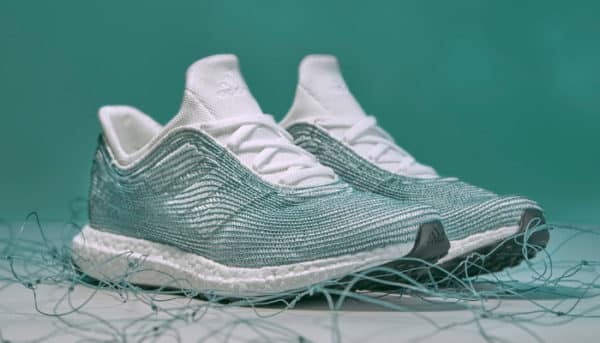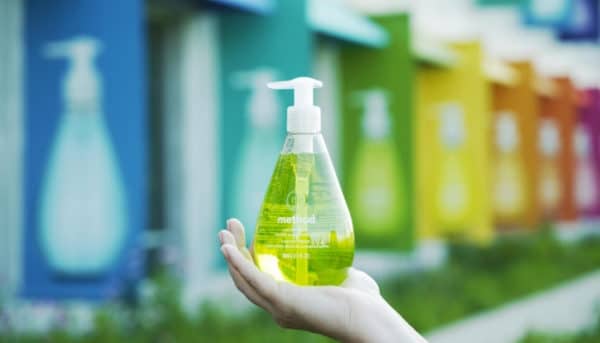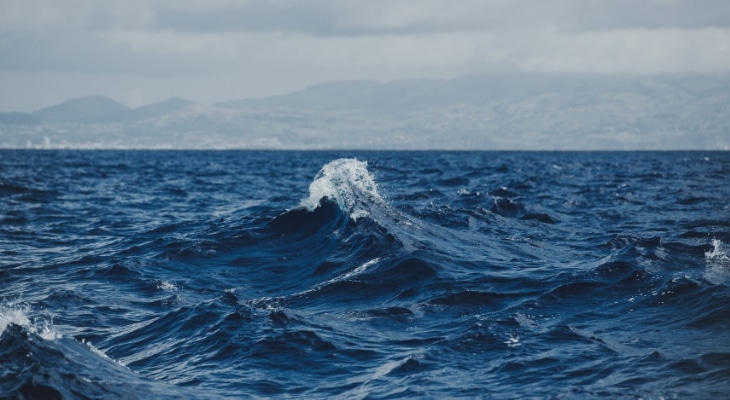Making Waves to Save Our Oceans
We all know that plastic poses a threat to our oceans, but through technology and innovation, plenty is being done to help combat the impact of pollution in our oceans. The topic of ocean pollution was a big-ticket item of discussion in 2018; and continues into the new year. Many countries are taking steps towards saving our oceans, with places like China, Rwanda and Italy who have banned or taxed plastic bags, however, there is still much to do to help get rid of the plastic entering our oceans.
It is estimated that by 2020, the amount of plastic in our oceans will have increased tenfold, and by 2050, there will be more plastic than fish in our oceans. Surprisingly, 90% of the plastic polluting our oceans is carried by only 10 rivers across Asia and Africa, however, 80% of ocean waste originates from the land. The ocean currents have generated five massive gyres over the years, slow moving whirlpools that collect plastic debris, and a large percentage also washes out on coastlines and affects the sea and marine life.
With statistics and facts such as these, the number of initiatives, campaigns and plastic-free products is rapidly growing, with more consumers demanding more environmentally-friendly products to help protect our planet and its animals.
From shoes and clothing, to furniture and cleaning products, there are many companies now embracing the plastic-free movement, releasing products made from alternative methods and materials, and inheriting eco-friendly practices into their workplace.
Sportswear giant Adidas have recently teamed up with ocean-friendly design and business organisation Parley with the Oceans to create a new and innovative concept, with a runner and sportswear made from recovered ocean plastic. Adidas have collaborated and supported Parley since 2015, through the Ocean Plastic Program and the A.I.R. (Avoid. Intercept. Redesign.) strategy to help end ocean plastic pollution. World renowned tennis players like Alexander Zverev, Caroline Wozniacki and Angelique Kerber wearing the Adidas range at this year’s Australian Open.

Photo Credit: Adidas
Joining companies like Adidas is Australian activewear brand Nimble, who offer eco-friendly prints made from lightweight compression fabric made from recycled plastic bottles, as well as Buff, a company who make neck and head warmers with two plastic bottles recycled into each piece.
Singer turned fashion designer Pharrell Williams has also made a mark in the fashion industry with his previously released clothing line RAW for the Oceans, as part of his larger G-Star RAW collection. The line is made from ocean plastic and involves a lengthy four-step process in which plastic is collected from along shorelines all over the world and then broken down into clothing fibres, called Bionic Yarn, a product also cofounded by Williams.
The fashion industry isn’t the only industry to be making waves in helping to save our oceans, Saltwater Brewery partnered with ad agency We Believers in 2016 to create the first ever Edible Six Pack Ring. These rings are made from barley and natural materials, so not only are they biodegradable, but marine life can safely eat them as well! This aimed to help minimize the effect plastic rings had on sea life such as sea turtles, seals and seabirds.
Method, a cleaning products company, are also doing their part in the fight against ocean plastic pollution, and offer their unique 2-in-1 dish and hand soap, fashioned from a blend of recovered ocean plastic and post-consumer recycled plastic. The company is completely transparent with what goes into their products, their soaps being biodegradable with most ingredients derived naturally. Method also inherit eco-friendly practices into the business, using wind energy to power their production.

Photo Credit: Method Home
With consumers becoming more aware of the issue of ocean plastic pollution, people are increasingly seeking eco-friendly products as part of their lifestyles. Retailers are leading the charge and are getting rid of single-use plastic bags; and promoting the use of reusable grocery bags. Plastic straws are quickly becoming a thing of the past with more and more companies making the switch to paper straws, or getting rid of straws completely, with stainless steel straws now becoming more popular amongst consumers.
There are many more businesses and companies out there now taking on the initiative to work towards a plastic-free future. The trend may have grown from a demand from consumers becoming more environmentally-conscious about their purchases, however, it has flourished to become a movement pushing to save our oceans and the future of our planet.
-
Get your FREE ticket
- REGISTER FOR FREE
